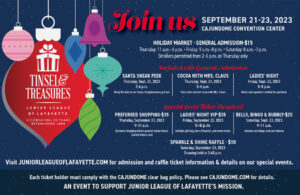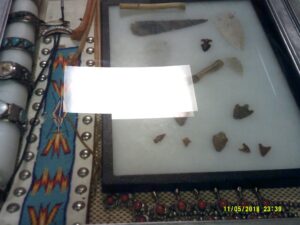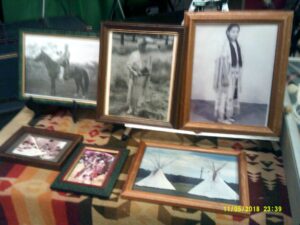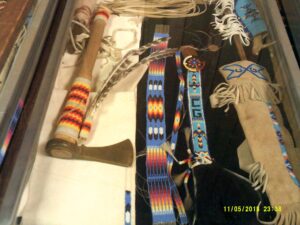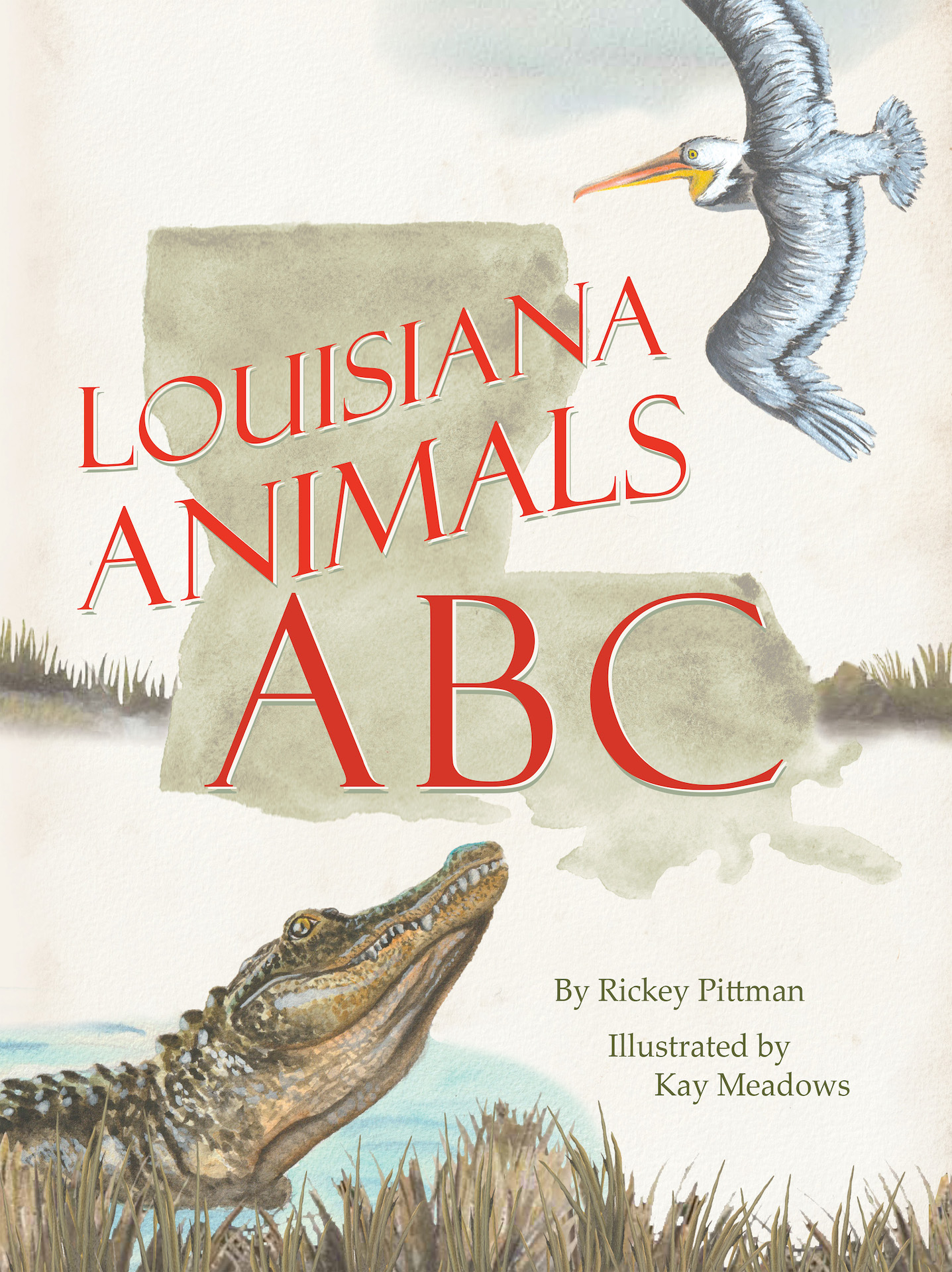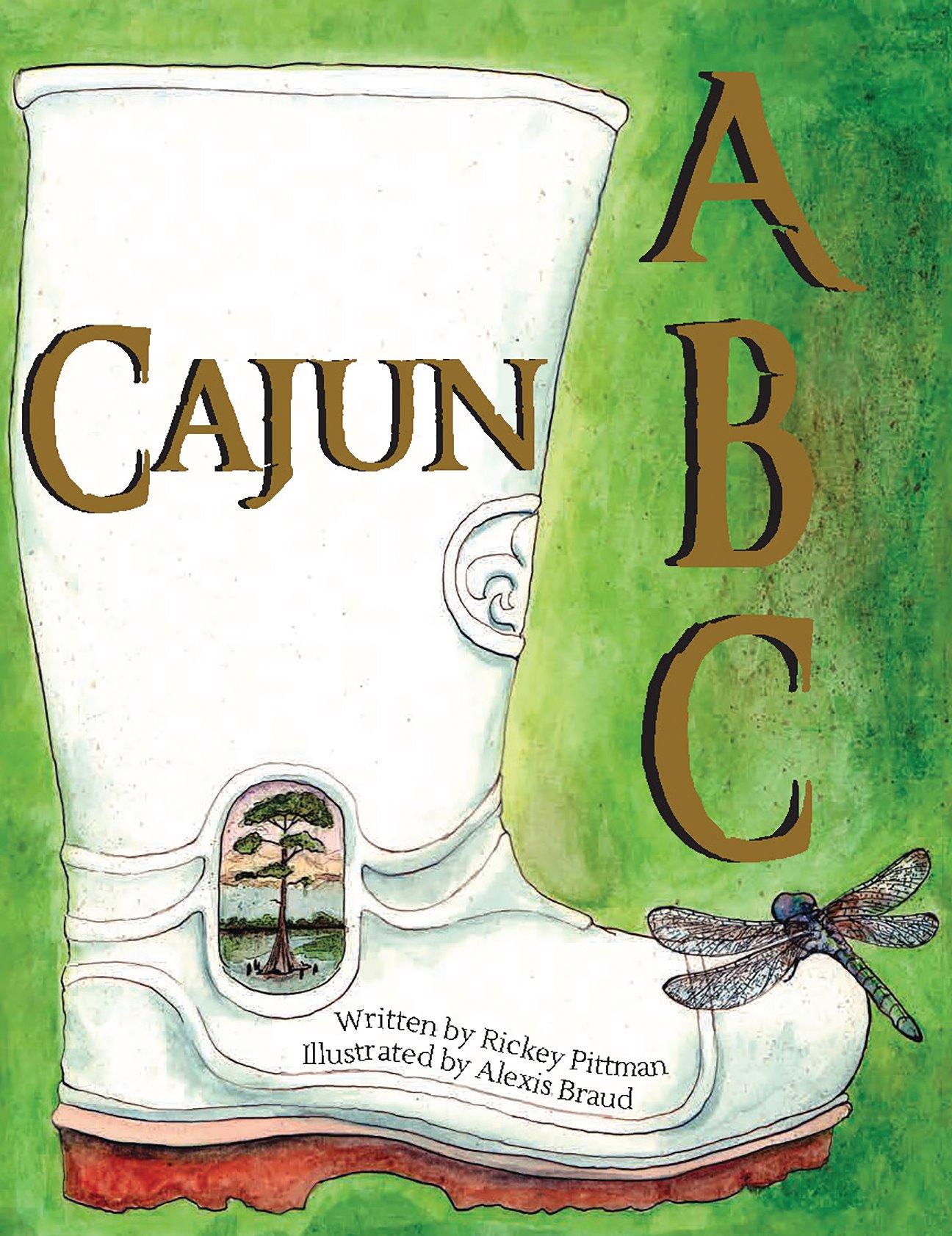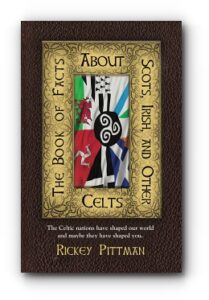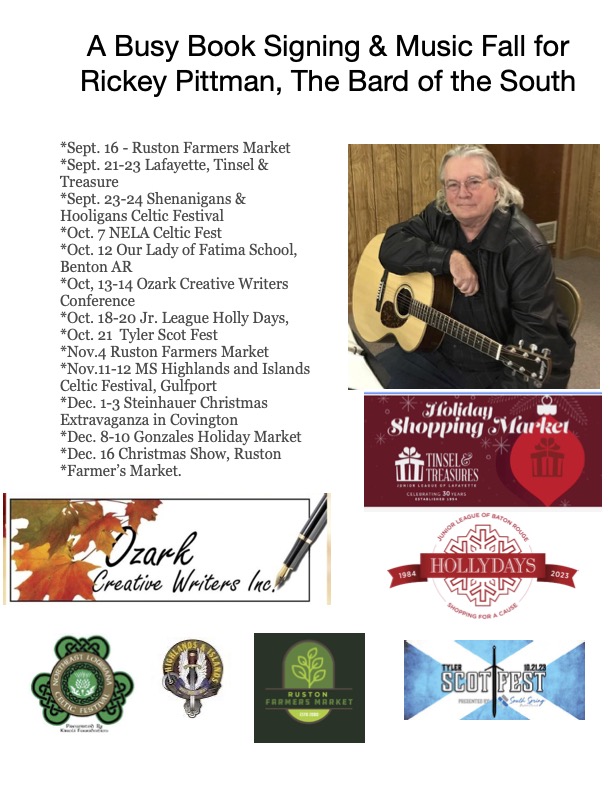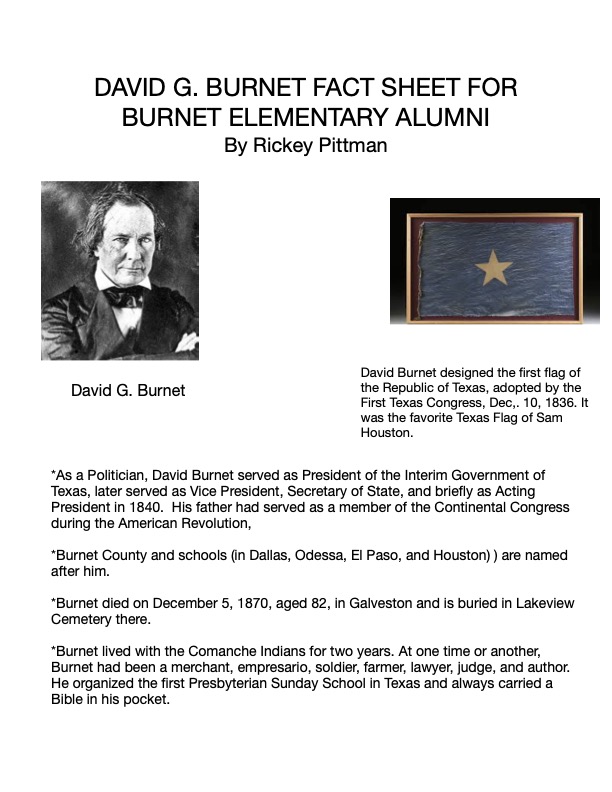A STRATEGIC TRAINING PRIMER FOR NEW DEMOCRATS
To be successful politically in these troubled times, after consultation with numerous Democrats, Antifa members, and supporters of Black Lives Matter, the author was able to organize a primer for young liberals that is sure to bring success to one’s political aspirations. Follow these suggestions. This should be enough to get you started.
- Avoid Fox News: Rely on CNN, liberal podcasts, MSBNC, etc.
- If you are ever put on a spot on a touchy issue, blame any difficulties on Trump.
- Never laugh or criticize President Biden, even if he falls, becomes confused, blacks out, shakes hands with an invisible person, or exits the stage prematurely or in the wrong direction.
- Accuse any who disagree with racism.
- Become a climate change warrior/fanatic against fossil fuels, any carbon emissions of appliances, etc.
- Minimize or show understanding for those committing violence or riots against conservatives or law enforcement, even shooting representatives at baseball games, or threatening Supreme Court Judges.
- Learn to deny, lie, spin, and talk without answering a difficult question.
- Politics can be very rewarding! Learn from those who know how to hide your cash and valuables!
- The Jefferson method: Hide $90,000 cash in freezer
- Menendez method: Hide a fortune of cash and gold bars in suits.
- It is not polite or civilized, but learn how to abuse conservatives in restaurants, town hall meetings, speakers at colleges or book events.
- Use Twitter and social media to shame, or threaten boycotts, etc.
- Disrupt or sabotage votes and meetings by flipping fire alarms, interruptions, etc.
- Criticize, dismiss, or ignore Democrats who do not follow the party line, i.e., RFK Kennedy, etc.
- REPEAT CONSTANTLY: The Border is secure!

